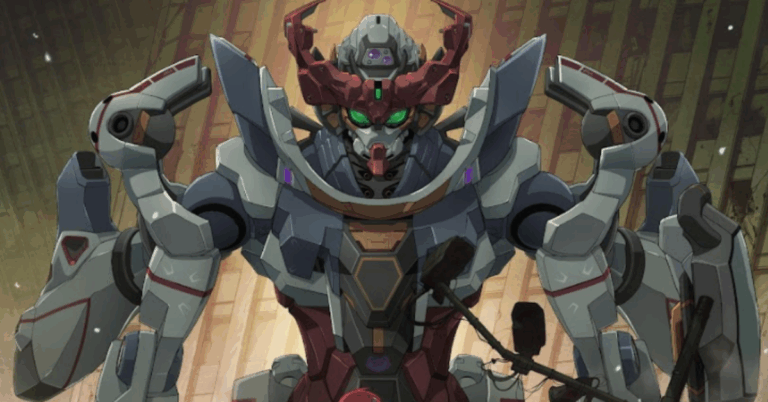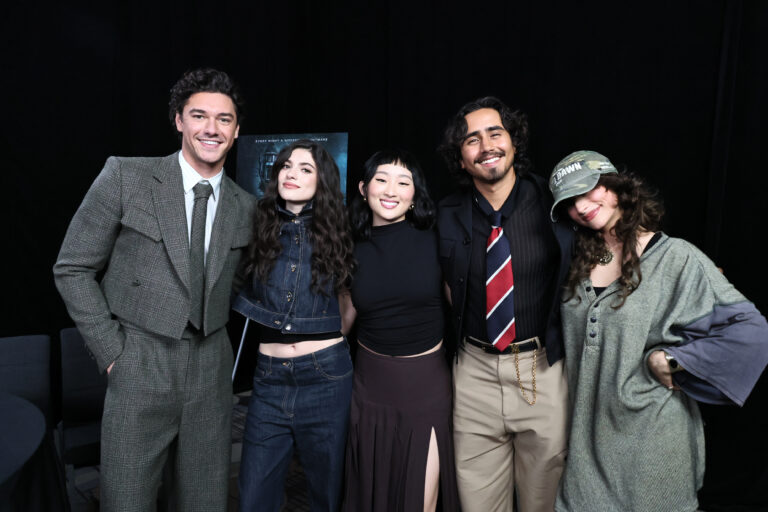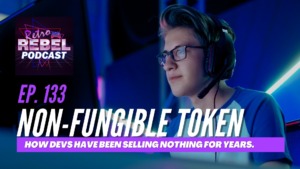This week’s episode of The Falcon and The Winter Soldier shed a lot of light on themes of racism, propaganda, and trauma. It was an emotional, tension-filled episode. Marvel did not hold back when introducing parallels in their universe and what’s happening in real life.
General Spoiler Warning applies
In this week’s episode “The Star-Spangled Man”, we are introduced to John Walker (played by Wyatt Russel), the new Captain America from last week’s cliffhanger. We meet him as he is on a promotional tour, and he has already begun attending meetings and interviews. Unlike last week’s episode where we did not see Sam Wilson/The Falcon (Anthony Mackie) and Bucky Barnes/the Winter Soldier (Sebastian Stan) together, this week they meet up right off the bat. Sam is following up on a lead about a group of Flag Smashers, the people he’s been tracking since the last episode. Bucky insists on going with him, and they find out this group is actually a group of super soldiers. Walker and his right-hand man, Lemar Hoskins (played by Clé Bennett) ask Sam and Bucky to team up but they refuse and go their own ways. After a losing battle against a group of Flag Smashers, Bucky believes reaching out to Zemo, the man who almost destroyed the Avengers in Captain America: Civil War, is the only way to get more information on these super soldiers.
How Captain America is used as propaganda
In last week’s episode, John Walker was announced as the new, government-appointed Captain America. Walker is a decorated military war hero. He was appointed by the government to be the symbol of hope for the U.S. And, he is a white man. The symbol of protection of the American people. Just as Steve Rogers started out when he carried the mantle, Walker is being used for propaganda. His job is to attend meetings, shake hands, and then have a chance to go out in the field. The U.S. Government wants to hype him up and use him to their advantage. Now, when the news of Walker occurred last week, I feared that he was going to be a horrible man we were all going to hate. So far, it feels as though they are trying humanize his character to show us that he is a man who just wants to do what feels right for his country. His orders come from the government, so how he handles those orders will be up to him.
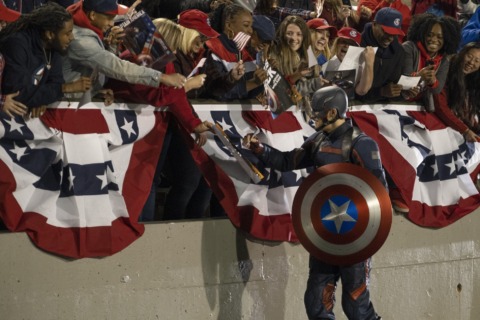
There is a lot of nationalism and “America first” propaganda that has gone on for generations in the United States. The “it’s all about us” attitude from political leaders is too familiar.
Marvel is not quiet about racism
It does not matter if you’re a millionaire or an Avenger. Racism doesn’t know social status or whether or not you’re an “important person.” Sam and Bucky were walking through the streets in Maryland to find Isaiah, a man who Bucky said Sam needed to meet. As they walked by, a young Black child called Sam the “Black Falcon.” He is just “Falcon,” and Sam explained that that means he would call him “Black kid” versus just “kid.” It is interesting that the race label needed to sit on Sam now. When we first met him, no one felt the need to add “Black” to the beginning of “Falcon.”
Then, when they meet Isaiah, we learn that he is a Black super soldier that fought against Hydra in the 1950s. His life was horrible as a super-soldier. When Steve Rogers got the serum, he got a parade and fame. Isaiah became a test subject and received jail time for thirty years. There is no way this was just a happenstance. The fact that Isaiah got treated like a criminal is clear and present racism. We do not know his whole story, but it is clear he was not a bad guy. I felt so bad for Isaiah, and we understand why Bucky never mentioned him before. He has gone through so much, and he did not deserve any of it.
Then, there was police profiling. We are well aware that this happens far too often in society today. It has been an issue for too long. Sam and Bucky were arguing in the street, and the police were called. They wanted to make sure Bucky was okay. It was refreshing to see how upset this made Bucky feel, as it definitely made me feel really uncomfortable. They kept telling Sam to calm down. Sam was not upset or causing any problems. However, when the officers found out he was the Falcon, they immediately apologized. Recently, when a white man shoots and kills eight Asian Americans, he is arrested and talked about as just “having a bad day.” Then, we see instances like George Floyd. He was wrongfully accused of having a fake twenty dollar bill, and he had the police called on him. This led to him being brutally assaulted (and killed) by police. His death sparked protests across the country to end police brutality towards the Black community. The parallels here are bone-chilling. In this episode, the police upset with Sam over nothing, and in reality Bucky was the one with a warrant out for his arrest. Not one of the officers raised their voice or told Bucky to “calm down.”
The Falcon and the Winter Soldier and dealing with trauma
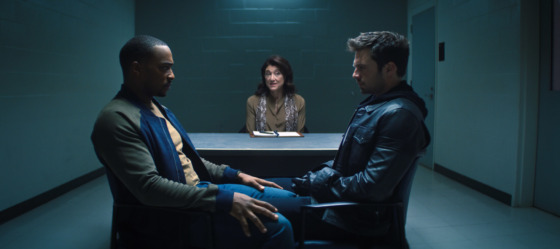
Seeing therapy in a positive light in such a popular universe is a breath of fresh air. I liked that Bucky has court-ordered therapy. He has caused a lot of suffering to a lot of other people. In turn, he is also dealing with that trauma internally. He hates himself for who he was as the Winter Soldier and the life he was forced to live at the hands of Hydra. Steve Rogers was a strong, immoveable moral compass. After the Hydra experiments, Bucky was the opposite. He was a killing machine. However, Steve had believed in him, until the end of the line. If Steve believed in him, then maybe there was still some good left in him. Sam not taking the shield made Bucky feel like Steve was somehow wrong about Sam. In a moment of complete vulnerability and incredible acting on Sebastian Stan’s part, we hear Bucky say that Steve could have been wrong about him. The vulnerability we get from a male character in this scene was truly wonderful and not like anything we see from masculine characters in other shows.
Ashley (@spalshleycox on Instagram) said:
“Bucky hasn’t had a chance to really breathe and process EVERYTHING he’s been through in his 100+ years, but now that he has a chance to do so in therapy, what he is finding scares him. Can he trust himself? Can he trust others? Does he even want to? Does he trust Sam (he certainly doesn’t trust Redwing!)? The group therapy scene in this second episode shows us that he’s even starting to doubt his trust in Steve Rogers and the decisions he not only made about Sam, but also Bucky. And because Steve has always been an anchor for him, this is crushing for Bucky. I think that while Bucky is professionally focused on the mission ahead, he could personally downward-spiral further in guilt and shame and anger if he and Sam cannot work together professionally and personally. But Bucky has already made a HUGE step in admitting his greatest fear about Cap’s decisions, so I am excited to see their relationship evolve as they continue to work together more!”
I hope we see Bucky in therapy again. He needs it, and ending it now would be a mistake. In all honesty, Sam could use therapy as well.
You can be a strong person but still need help working through intense traumas. Traumatic instances, such as the recent shooting in Boulder, Colorado, require medical professionals. Working through issues as tough and horrifying as war/shootings is not meant to be taken lightly. Needing to speak to a mental health professional is not something to be ashamed of.
So far, The Falcon and the Winter Soldier is not holding back with the parallels of today. Not enough people have turned from their racist tendencies. Too many people are quick to profile the Black community. Also, therapy needs to be more normalized all around, but more specifically for men. These themes are brought to light in a bold way, and I applaud Marvel for doing so.
For more geek news:
Reactions to Episode One of “The Falcon and The Winter Soldier”
Sherlock Holmes mysteries get supernatural in Netflix’s “The Irregulars”

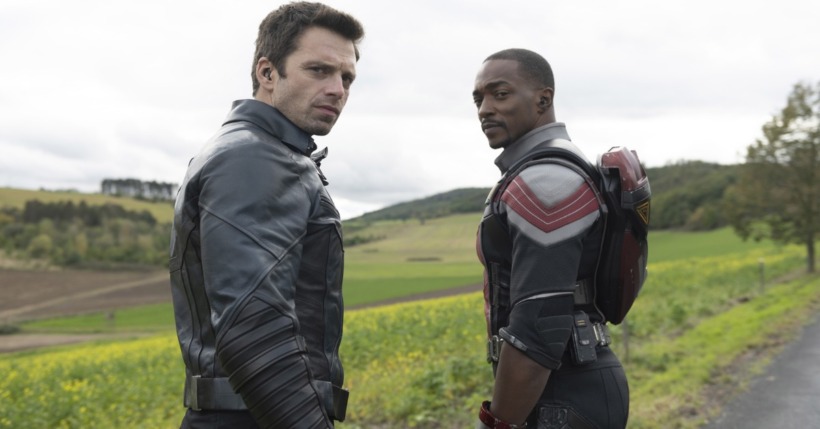
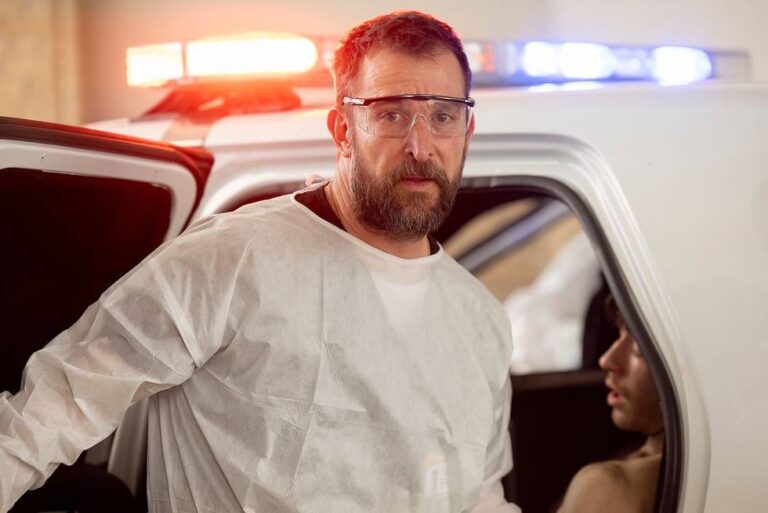
![“[Lou Wilson] Might Die!” Siobhan Thompson Teases Dimension 20 Live: Battle At The Bowl](https://templeofgeek.com/wp-content/uploads/2025/05/Dimension-20-Battle-At-The-Bowl-header-768x384.jpg)

